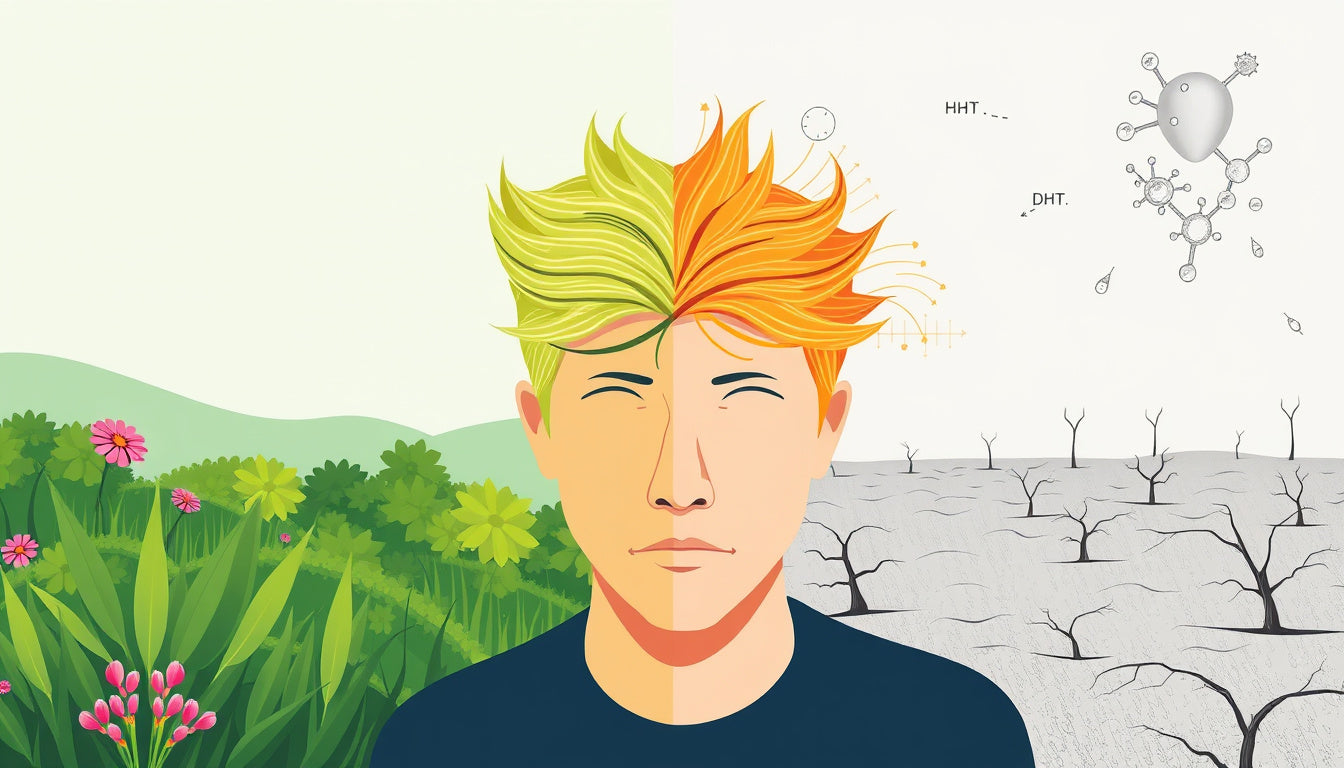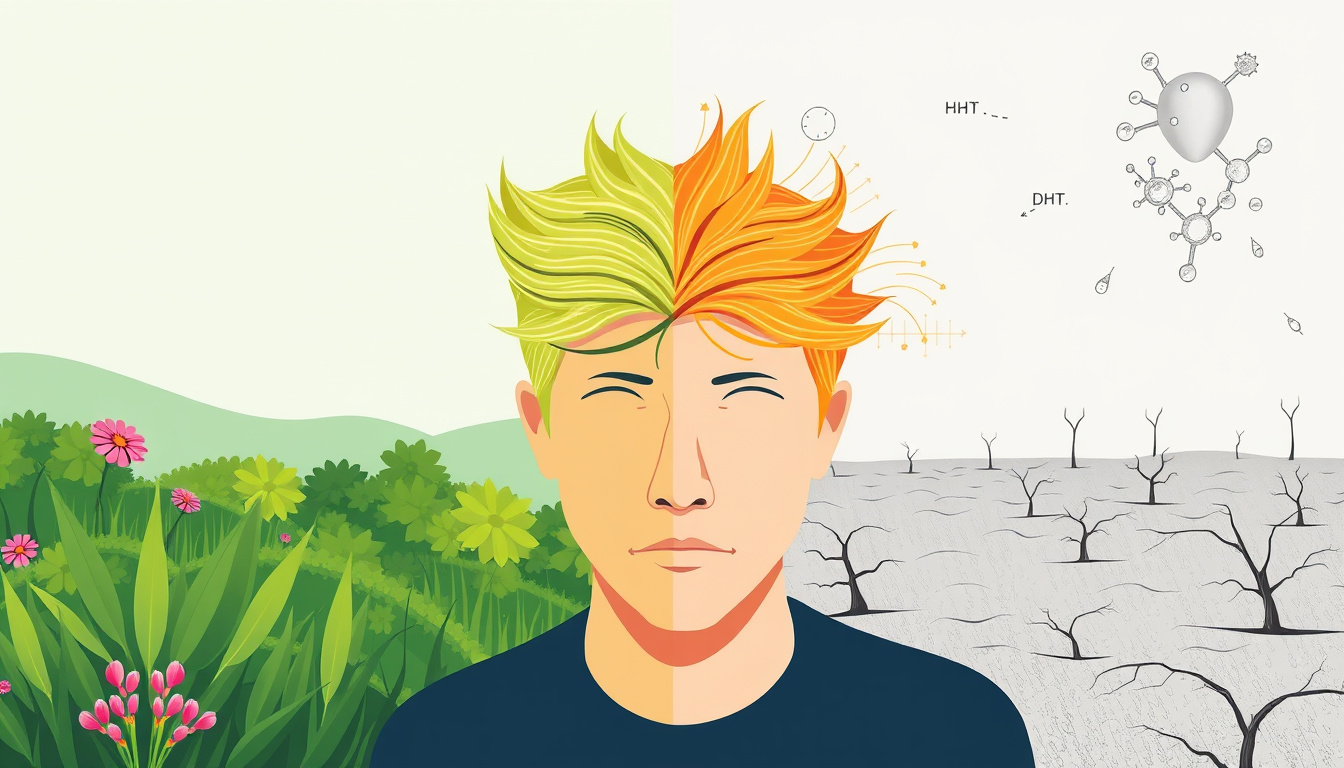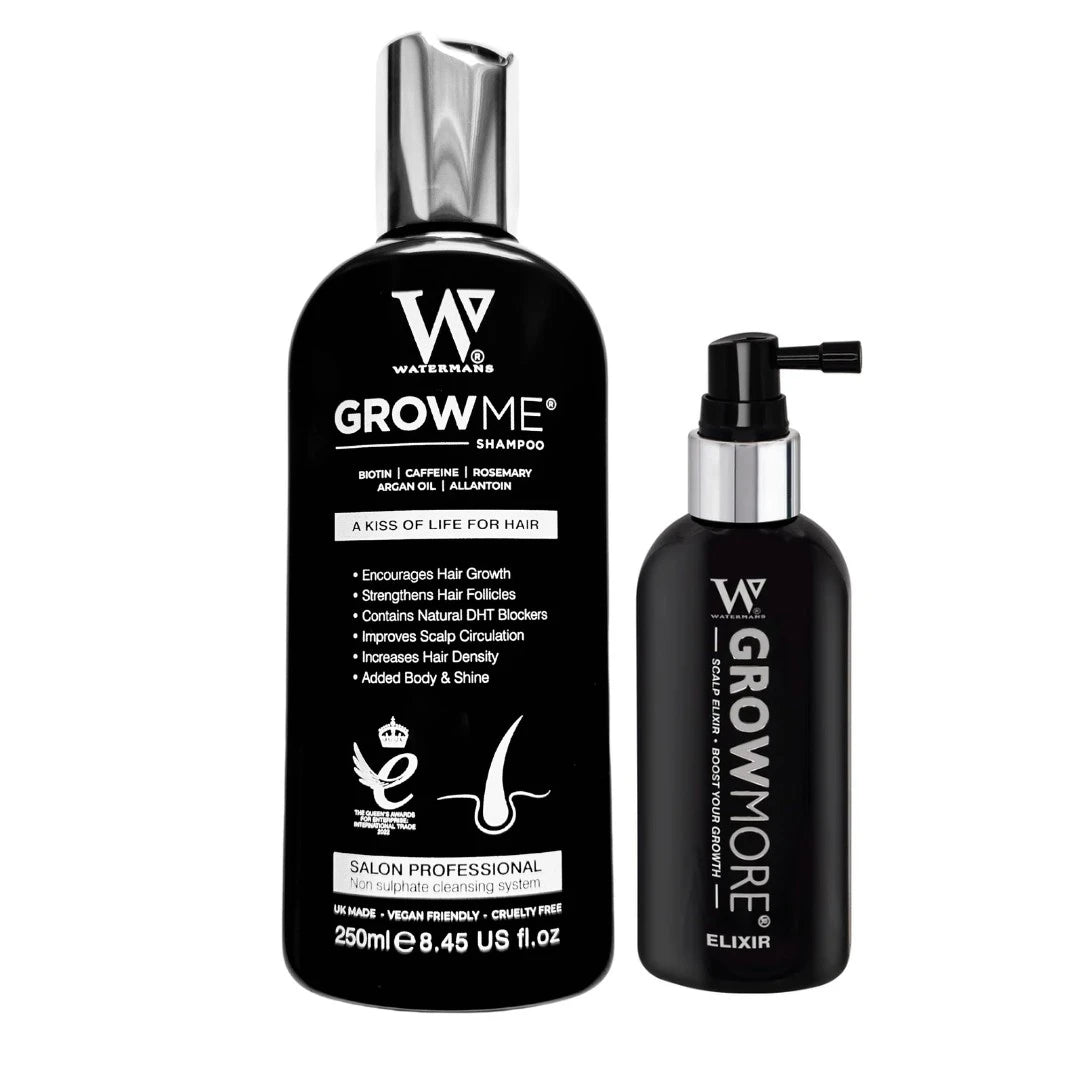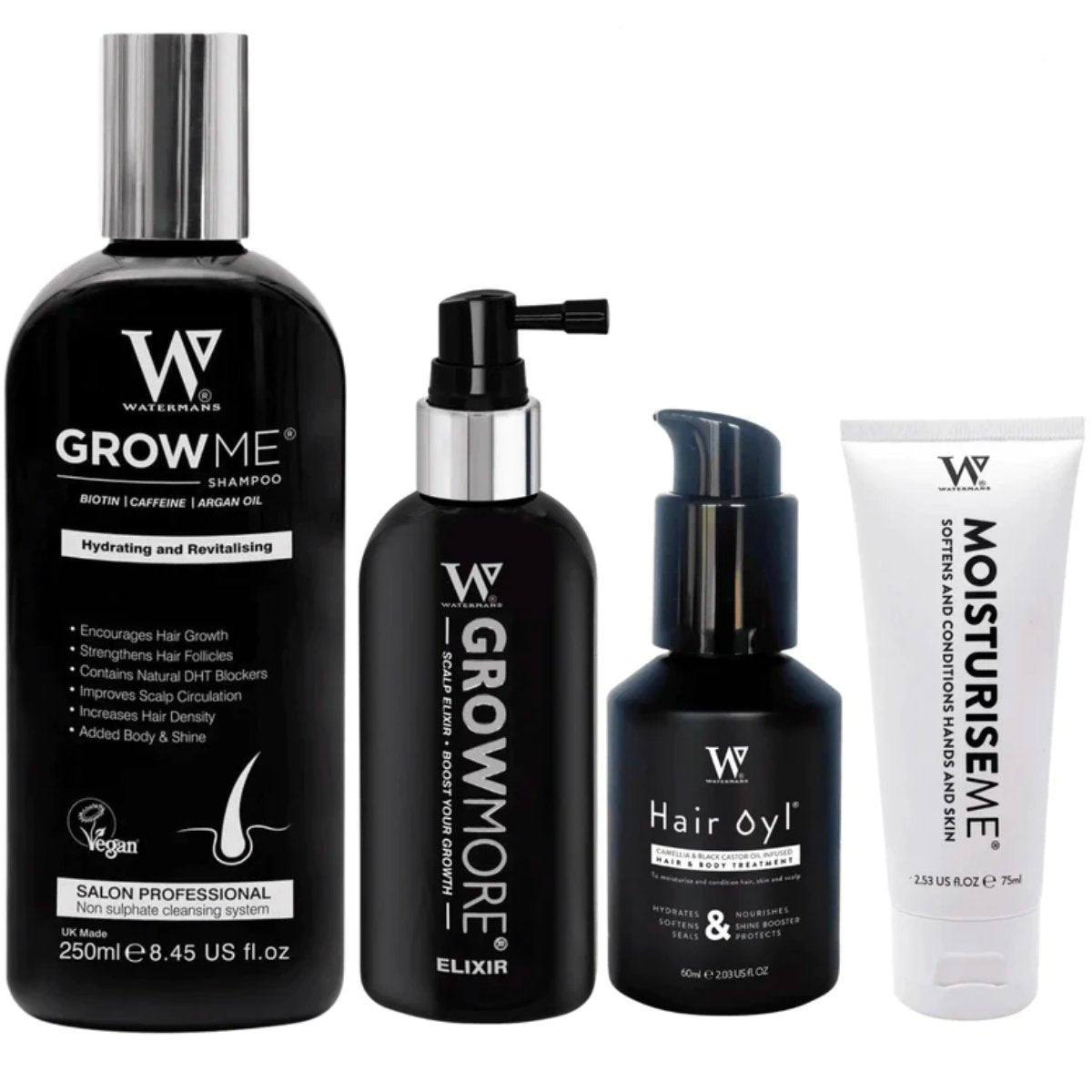
The Truth About DHT Blockers: Are They Bad for Your Health?

When hair loss comes, many people try Dihydrotestosterone (DHT).
DHT is a hormone that links to hair thinning and loss, mostly in men.
This fact makes many choose DHT blockers when they care for their hair and body.
If you plan to add DHT blockers to your routine or want to learn more, read on.
What is DHT and Why is it Important?
DHT comes from testosterone and fits in the group of male hormones.
Many think DHT drives hair loss, but it also helps in other body tasks.
It shapes male looks, supports sexual function, and keeps hormone work in balance.
When DHT stays high, it may bring a special kind of hair loss called androgenetic alopecia.
This type of loss makes many look for compounds that slow the change of testosterone into DHT, so hair may stay longer.
How Do DHT Blockers Work?
DHT blockers aim at the enzyme 5-alpha-reductase.
This enzyme turns testosterone into DHT.
By slowing the enzyme, the amount of DHT drops, which may help hair grow.
Here are some common blockers:
-
Finasteride: Used in male hair loss, it works for many but may give side effects like poor sexual function.
-
Saw Palmetto: A plant extract known to slow DHT, it is used in herbal care.
-
Pumpkin Seed Oil: With many good fats and nutrients, it may also slow 5-alpha-reductase and keep hormones in check.
Sometimes, DHT blockers work well, but they may also bring risks.
Are DHT Blockers Bad for Your Health?
It changes by person.
Some see better hair growth (like those who try the well-known Watermans Grow Me Shampoo with its natural blend), while others may feel side effects, especially with drugs like finasteride.
Potential Side Effects of DHT Blockers
-
Hormone shifts: Since DHT joins many body tasks, blocking it may change mood, desire, or energy in some cases.
-
Sex issues: Some medicines may show poor sexual response, weak desire, or even erectile troubles.
-
Breast changes: In men, hormone shifts might bring an increase in breast tissue size.
-
Mood swings: Feeling low or having mood shifts can follow when hormones change.
-
Other problems: Stopping DHT may bring other health twists if not watched close.
It is best to use these blockers with care and talk to a doctor about the risks and gains.
Natural Alternatives to DHT Blockers
If you want a more natural plan to face hair loss while keeping health sound, try natural ingredients like those in Watermans Grow Me Shampoo.
This shampoo uses parts like biotin, rosemary, caffeine, niacinamide, argan oil, allantoin, and lupin protein to support the scalp and give hair nice volume.
Watermans Grow Me Shampoo not only works on hair loss but also helps hair grow strong without many side effects that can come with some blockers.
It is a non-medical choice for anyone who seeks gentle yet firm care for their hair.
Benefits of Using Natural Ingredients
-
Nutrient Rich: Biotin helps the hair root grow fast and strong.
-
Gentle on Hair: Natural parts tend to be kind to the scalp and skin.
-
Safer on Hormones: These alternatives do not stop DHT by nature, so they lessen secondary hormone issues.
Who Should Consider DHT Blockers?
DHT blockers may help those who:
- See early signs of hair loss and need strong options.
- Are known to have androgenetic alopecia.
- Know the side effects and have talked with a doctor.
Yet, some who might skip them include:
- Those who want a natural path for hair growth.
- People who had bad past results with drugs that slow DHT.
- Anyone who does not worry much about hair loss.
Did You Know?
-
Genetics matter: Your genes control much of the DHT you make, so not all with high DHT lose hair.
-
Natural DHT slowers: Besides saw palmetto and pumpkin seed oil, green tea extract and stinging nettle may also slow DHT.
-
Not only for men: Women also make DHT and can see hair thin because of it.
-
Diet has a part: Foods with zinc and omega-3 fats may help keep DHT in a safe range.
-
Hair’s own stage: Hair grows, rests, and changes. DHT mainly affects the growing stage.
FAQ Section
Q1: Can I use DHT blockers if I'm pregnant or breastfeeding?
A: It is best to avoid DHT blockers during pregnancy or breastfeeding because they may change hormones. Always ask your doctor.
Q2: Is it safe to use natural DHT blockers every day?
A: Yes, natural DHT blockers like those in Watermans Grow Me Shampoo can be used day by day. Follow the product notes and ask your doctor.
Q3: How soon can I see changes from DHT blockers?
A: Each person is different. In general, it may take a few months to see a strong change in hair growth.
Q4: Will DHT blockers stop hair loss for good?
A: They may help but cannot promise to stop loss entirely. Other things like genes, health, and life play their parts.
Q5: Can stress cause hair loss even if DHT is normal?
A: Yes! High stress may bring a type called telogen effluvium, which is different from DHT effects.
This guide gives you a clear view on DHT blockers. Whether you try blockers or choose a natural method with Watermans Grow Me Shampoo, knowing your options helps you choose a plan for steady and sound hair care.













